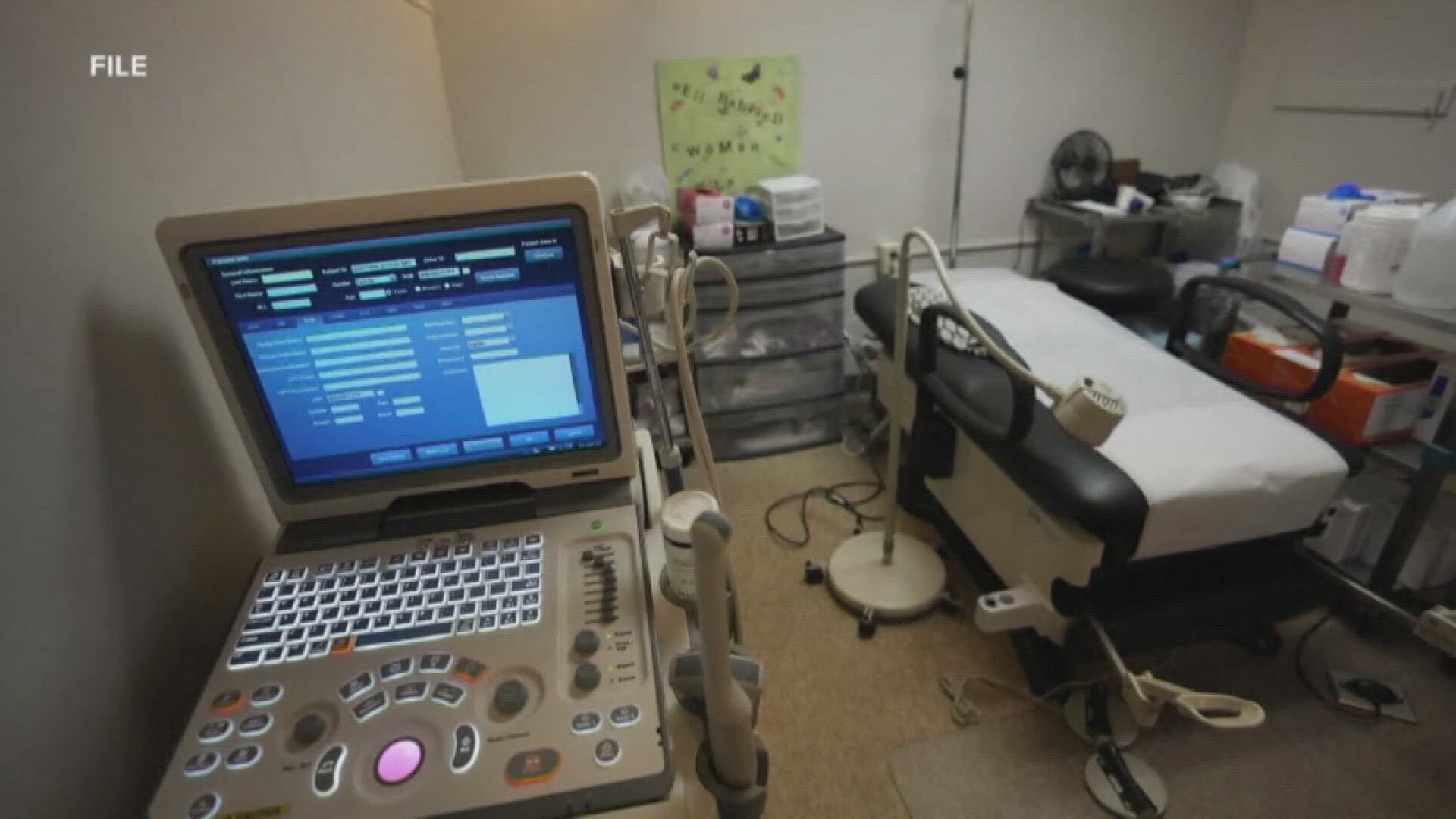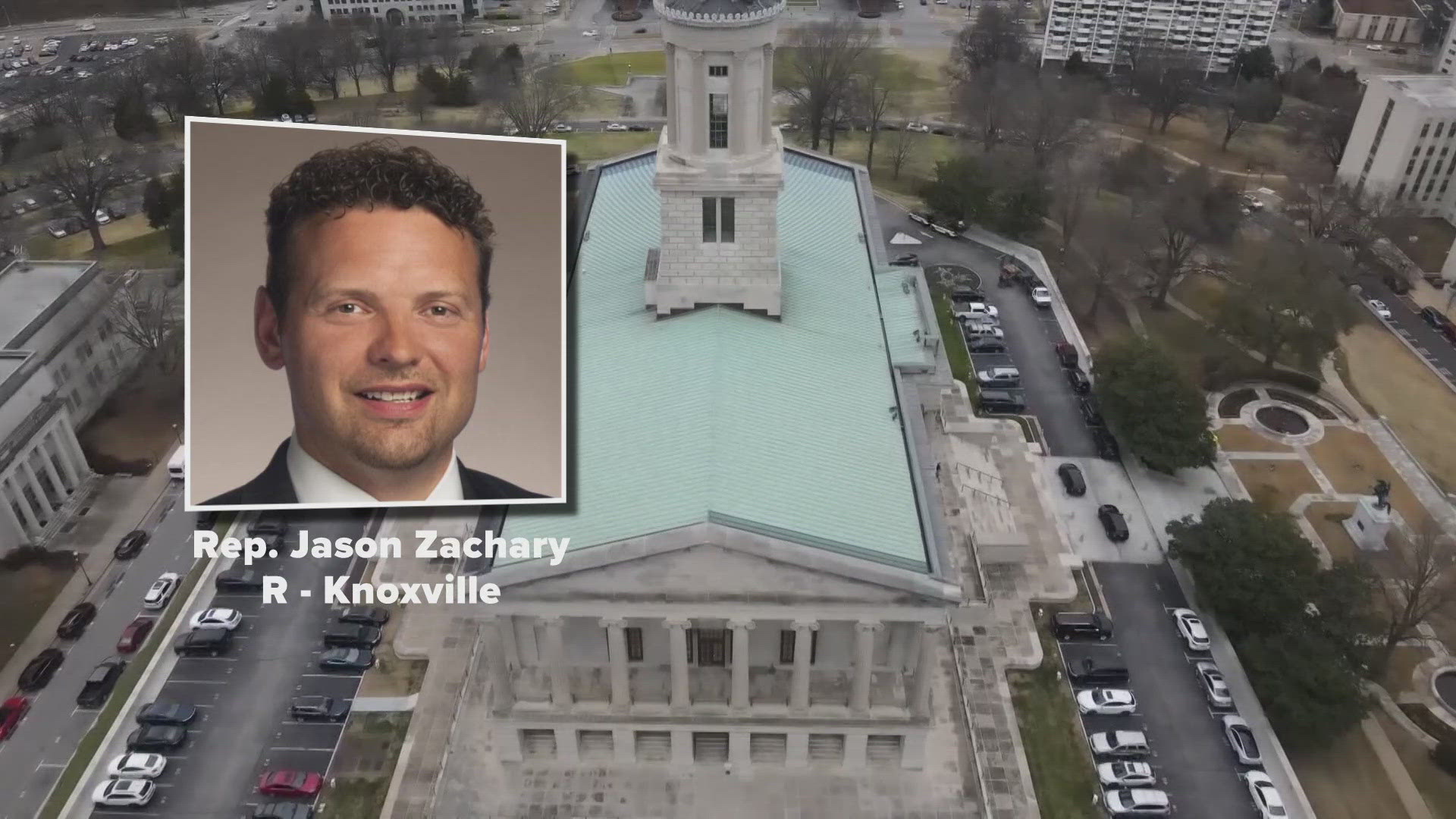TENNESSEE, USA — Tennessee's highly contested "abortion trafficking" law now faces another hurdle before it can take effect. A federal judge on Friday temporarily blocked Tennessee from enforcing its law banning adults from helping minors get an abortion without parental permission.
U.S. District Judge Aleta Trauger argued that the Republican-controlled state cannot “make it a crime to communicate freely” about legal abortion options even in a state where abortion is banned at all stages of pregnancy, except for a handful of situations. Trauger's decision means that the law will be placed on hold as the case makes its way through court.
The ruling came down Friday. WBIR reached out to two Knoxville representatives from both parties to hear their reactions.
Representative Jason Zachary (R) Knoxville, who introduced the bill, says its a parental rights bill. He shared a statement which can be read below.
"Abortion is a settled issue in TN. We have prohibited the elective killing of a baby in the womb. We do have an exception for the life of the mother. The law in question is about parental rights, period. The language prohibits an adult who is not the parent/guardian of a minor from facilitating an abortion for that minor without the parent’s consent. This is common sense. Unfortunately, the radical left’s obsession with aborting babies led to this legal challenge. I’m confident our AG will successfully defend the law, securing parents rights to make decisions for their child.”
Representative Gloria Johnson (D) Knoxville, has been critical of the bill since its inception. She says it infringes on Tennesseean's rights to free speech.
"We (Democrats) weren't surprised at all," said Johnson. "We see the judicial branch doing its job and putting an injunction on a bill that takes away your first amendment rights."
Johnson says talking to family may not always be an option for minors in these situations and the law could prevent them from finding help elsewhere.
"Maybe you can't go to someone in your family and that child or young woman, young girl needs someone that she can talk to about her options," said Johnson.
While the law works it's way through the court system, it can not be enforced. If it does take effect, people found guilty would be charged with a Class A Misdemeanor punishable by up to a year in prison.


